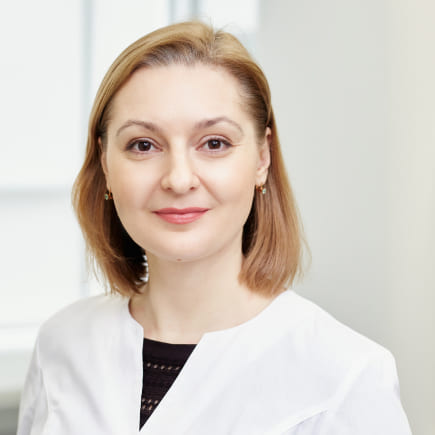An endocrinologist is a specialist who deals with the diagnosis, prevention, and treatment of endocrine system pathologies. The endocrine system includes the internal secretion glands: thyroid, parathyroid, pituitary, adrenal glands, pancreas, and others.
Diseases of the endocrine system can develop asymptomatically for a long time, or their symptoms may be similar to those of other diseases. The danger of endocrinological diseases lies in the fact that they can lead to irreversible changes in the functioning of the body, requiring complex, prolonged, often lifelong treatment. It is extremely important to identify malfunctions in the endocrine system at pre-symptomatic stages to prevent their further development and reduce the risk of complications.
We recommend that everyone visit an endocrinologist at least once every 2-3 years, and it is essential for women planning a pregnancy or suffering from infertility.


